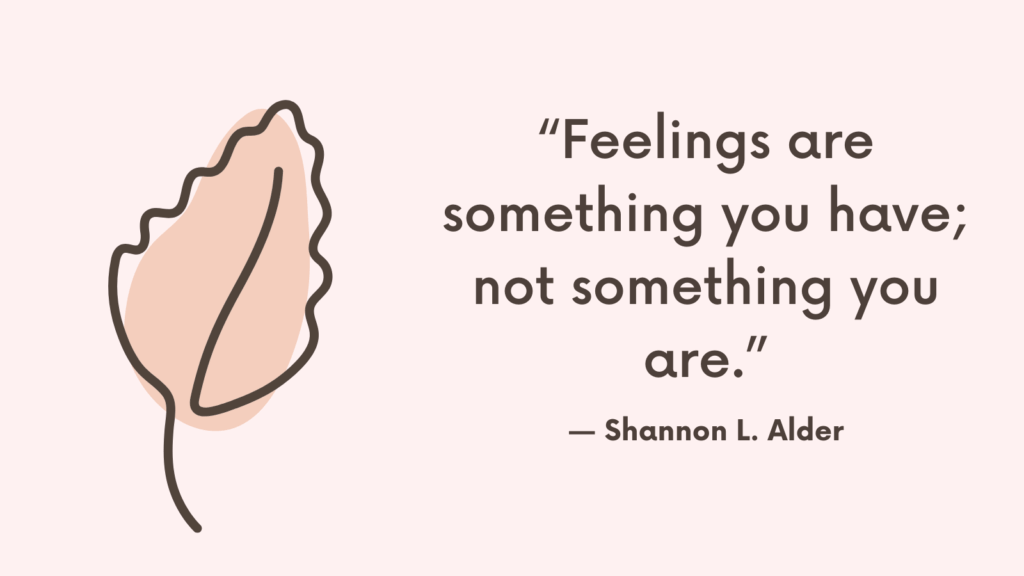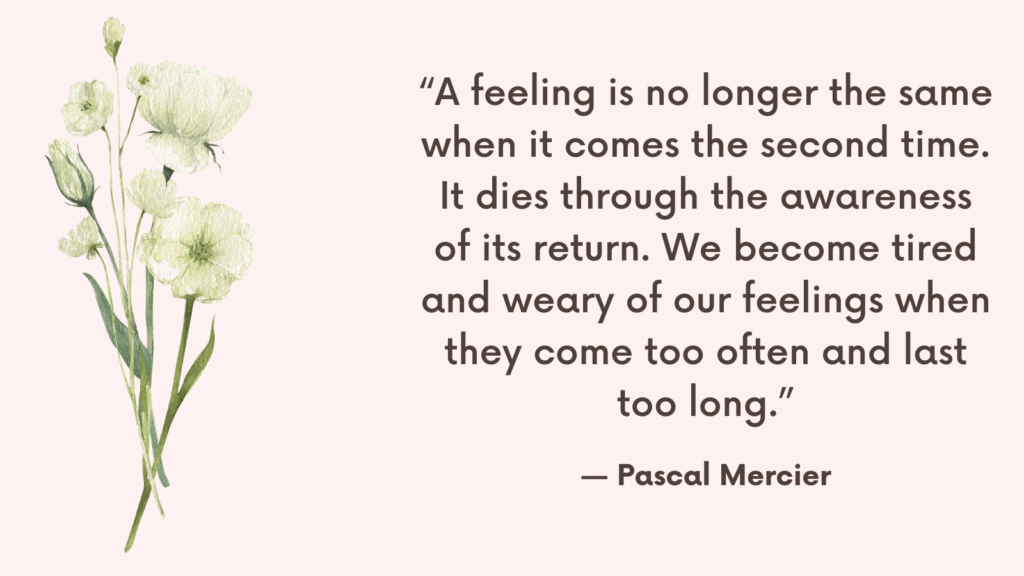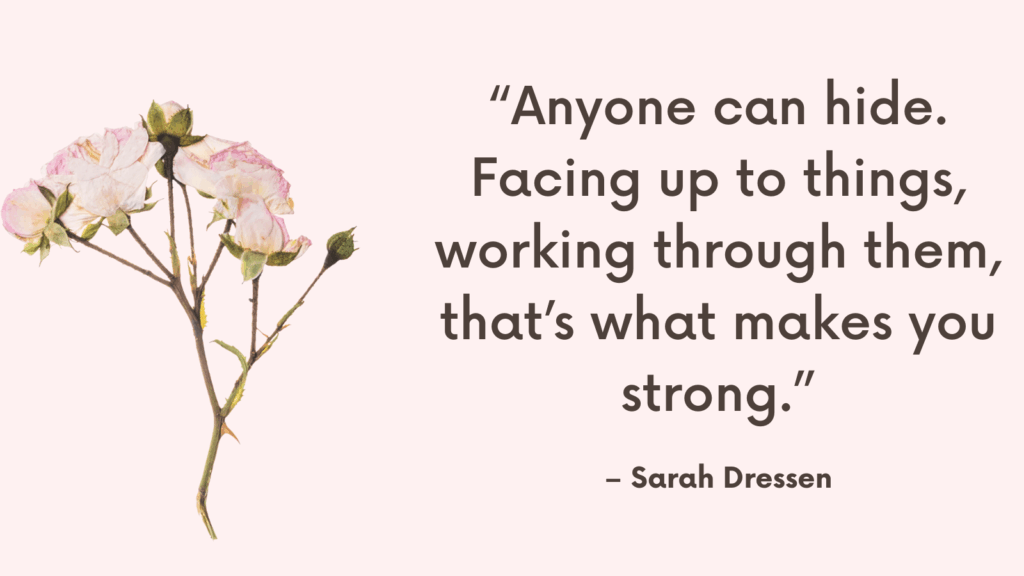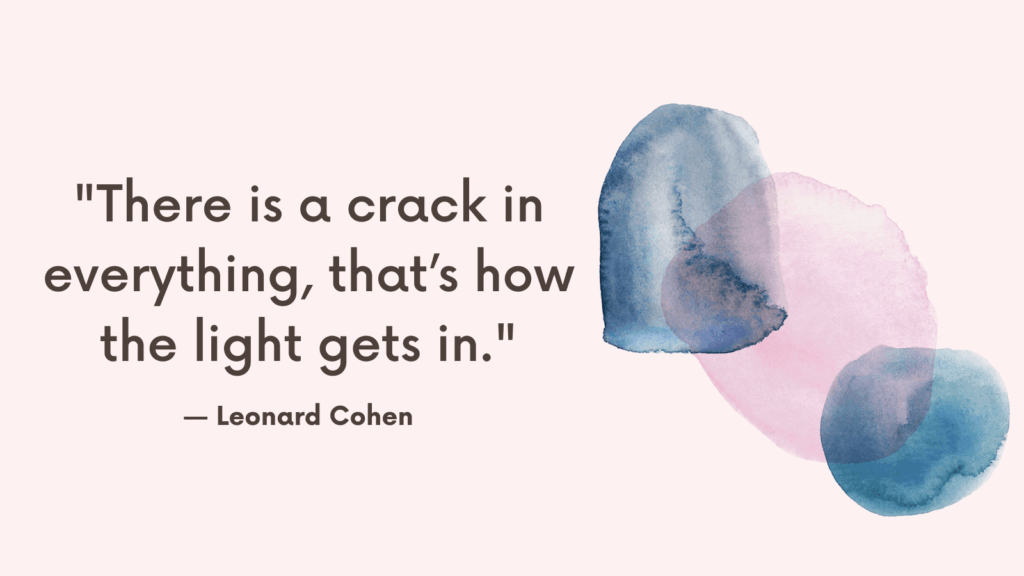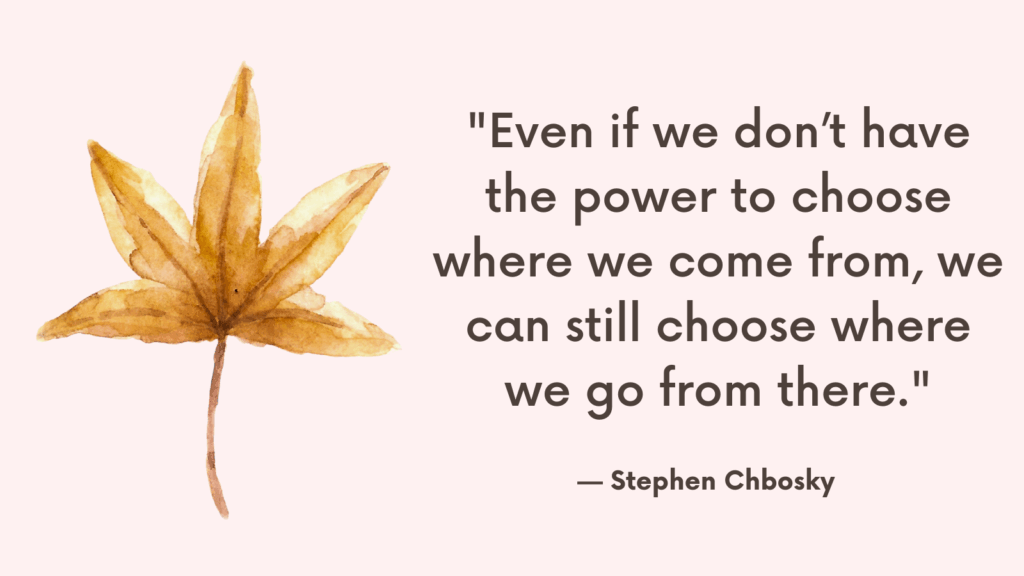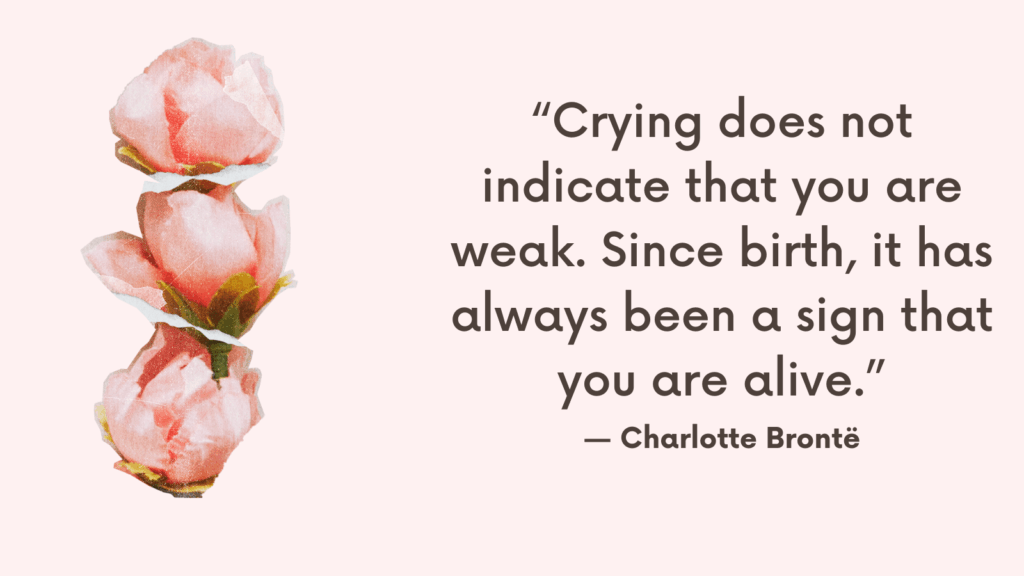How to Process Emotions Somatically (Not Just Mentally)
Emotions don’t just live in your thoughts—they live in your body. When you try to “think” your way out of emotional pain without including the body, healing can feel stuck. Somatic emotional processing means allowing emotions to move through you, not just be talked about. This process doesn’t require experience—just willingness to feel and stay […]
How to Process Emotions Somatically (Not Just Mentally) Read More »
